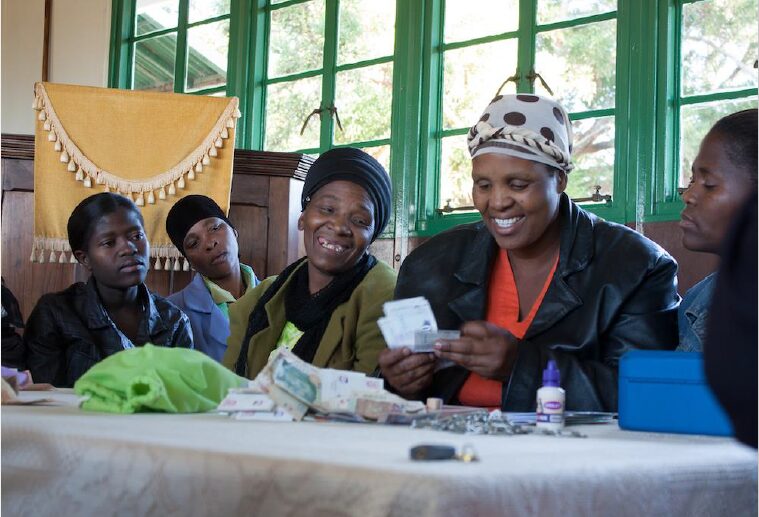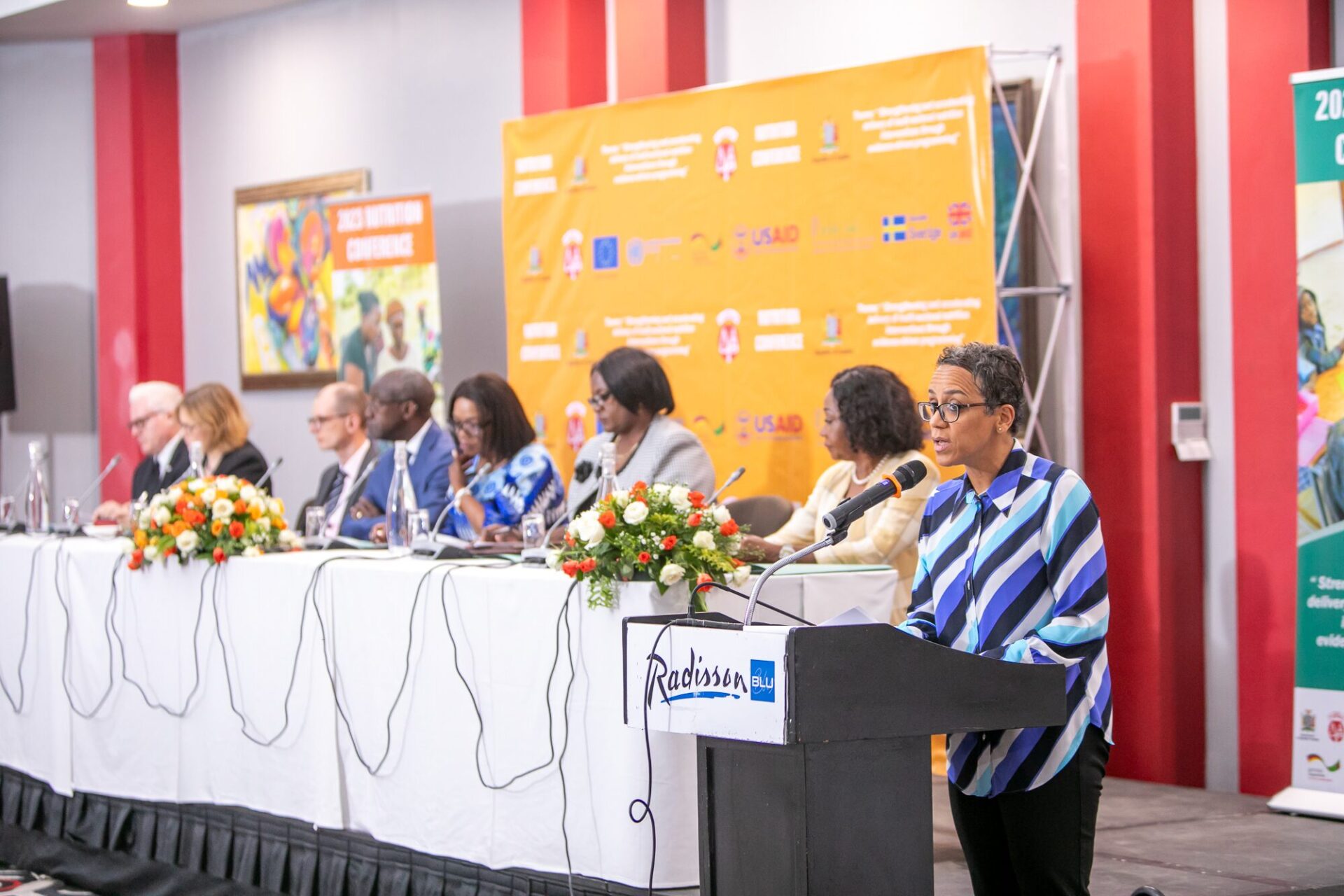
How do you make a living as an evaluator? The jump from academic studies in M&E to the world of work, can be a steep one.
To guard against being too theoretical, the University of Cape Town (UCT) recently held a panel discussion in which 20 students enrolled for a Masters in Programme Evaluation, were given the opportunity to ask real-world evaluators what it means to be an evaluator.
UCT identified a handful of M&E organizations that participated in the online discussion during which the students, from various backgrounds, asked their most pressing questions about pursuing a career in Monitoring & Evaluation (M&E)
Six Khulisa colleagues shared advice, tips, info and experiences.

Student Question 1: Who are the major commissioners of Evaluations?
Any organisation that implements programmes or projects could commission an evaluation (for example, NGOs, or trusts), but the major commissioners in our experience are:
- International development organizations or funders (for example, UN Agencies, USAID or DFID)
- Foundations, or the entities within corporations that want to assess their Corporate Social Investment or philanthropic objectives for accountability and decision-making purposes (for example, the Allan Gray Orbis Foundation or the LEGO Foundation)
- Governments, such as the Department of Planning, Monitoring and Evaluation or the Department of Basic Education in South Africa

Student Question 2: Have you noticed a change in demand for skills? Or any shifts in the evaluation industry?
When Khulisa began in 1993, there was a focus on building the monitoring capacity of implementers. Over the years the focus in the industry has shifted to process and performance evaluations, and now we are seeing a greater call for impact evaluation work, as well as more rigorous evaluations. The emphasis on data quality, and work on data quality assessments is also growing, although we incorporate this into our evaluations regardless. We think this is because there is a greater focus on the accountability of programmes, particularly as global funding for development decreases, and funders need to see a social return on their investment. In more recent years, there has also been a focus to consider the environmental impacts of programmes, so evaluating beyond the social and financial impact.

Student Question 3: As a follow-up on environmental sustainability, do you work with natural scientists a lot?
Khulisa works with experts and consultants across various fields, while each Khulisa staff member brings various sector expertise the importance of working in a team is to fill whatever gaps there might be. Khulisa will contract experts from various industries for specific evaluations. Khulisa has previously contracted expertise ranging from language experts, to engineers, to entrepreneurial-, power-, health- and nutrition experts.

Student Question 4: What scarce skills are missing from the evaluation field? Or what skills do you need to be a good evaluator?
Evaluation is an entire process and a range of skills are needed from inception to finish. Proposal writing and selling you or your company’s skills are needed to be awarded evaluations. Project management, training and capacity building skills, and fieldwork management skills become important during the evaluation and data collection phase, and following that, data analysis and report writing skills are critical.
As the demand for data quality assessment and impact assessments grow, so have our data analysis needs. Being able to conduct quick, and accurate analysis on large data sets is incredibly useful, and as a result Khulisa work closely with statisticians and data scientists who understand evaluations. Other skills required by an evaluator are to be open to learning, be adaptive, flexible and have an inquisitive mind.
While not all evaluators need to be data scientists, having a good balance and understanding of quantitative and qualitative skills is useful, as well as having the skills to unpack and interpret evidence.
Being able to write reports clearly and succinctly is a valuable skill for evaluators. Being able to understand your clients’ needs, and then present your evaluation findings back to them so that they are best able to digest and use those findings is vital.
We follow a team approach to all our evaluations so that people’s individual strengths can complement each other.

Student Question 5: What do you love about evaluation? What are some of the challenges?
The Khulisa team shared the fact that we love the variety in our work – working in different sectors, on multiple different projects and with different clients. The challenge that comes with this is that you’re thinking of and giving your best to multiple clients which requires lot of juggling. However, this is more specific to working at an evaluation consultancy and would likely be different working as in-house MEL staff. Working with clients who come from an implementation perspective can also be a challenge, sometimes you have to convince clients that there is value in evaluation, or that you as an evaluator are there to help strengthen their programme, but when clients realize the value of evaluation, this is really rewarding.
The Khulisa team also mentioned that they love working in teams and they love the exposure and growth that Khulisa offers. There is a great level of contemplation and reflection on the work we do. The best method and approach are always thoughtfully deliberated on and Khulisa places emphasis on high quality output. The team also said that they love when the evaluations are used, and that the focus is on improving projects and development outputs.
Challenges working in the field of evaluation include receiving poor quality data, or insufficient data to evaluate programmes, as well as writing proposals based on Request for Proposals (RFPs) or Terms of Reference (TORs) for clients when there is insufficient information to design the best or most effective evaluation.

Student Question 6: What advice do you have for emerging evaluators entering the field?
- Always remain ethical. Evaluation is not about influencing data or recommendations based on your own or someone else’s agenda. Evaluation is about presenting information honestly so that the client can best use the findings as needed.
- Check for typos. Being detail-oriented is a quality that evaluators are expected to have. Make sure your CV and cover letter don’t have typos. We quality assure all our work – so you should too, get someone else to check your applications before you send them.
- Know your methodology and data collection methods so that you can present and defend the decisions you make with confidence and be able to make the value judgements about which methods are most appropriate case-by-case.
- Remain open to learning, you’ll never know everything.

The following Khulisa staff participated in the discussion:
- Founding Khulisa Director, Jennifer Bisgard
- Deputy Director, Margaret Roper
- Former Associate Director, Katharine Tjasink
- Senior Associate, Kris Eale
- Senior Associate, Leticia Taimo
- Intern, Heather Dixon
Blog adapted from team responses in a transcript by Heather Dixon.



Thanks it is wonderful to get such interesting and helpful note!